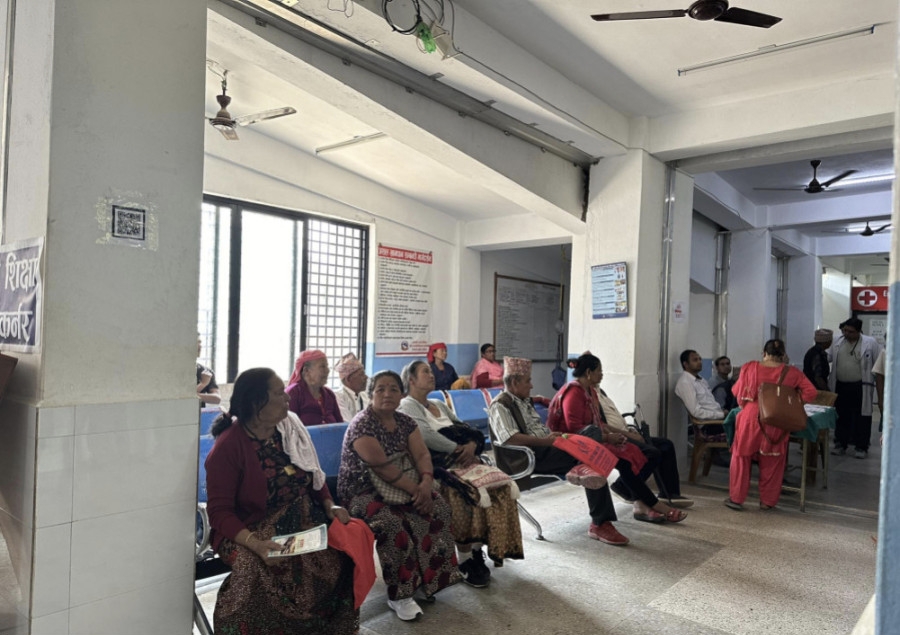Opinion | Nepal’s health paradox
Summary
Nepal faces a paradox in its health system with persistently high out-of-pocket spending despite progressive policies and increased financing, highlighting systemic fragmentation and the need for integrated reforms.
Key Points
- Nepal's out-of-pocket health expenditures remain high at 50-60 percent despite policies aiming to reduce them to 25 percent by 2030.
- Voluntary health insurance schemes and the Social Health Insurance program have struggled with low enrollment and limited coverage.
- Medicines and diagnostics are the major contributors to out-of-pocket costs, especially for non-communicable diseases.
- Health financing in Nepal is fragmented across ministries and vertical programs, weakening effectiveness and equity.
